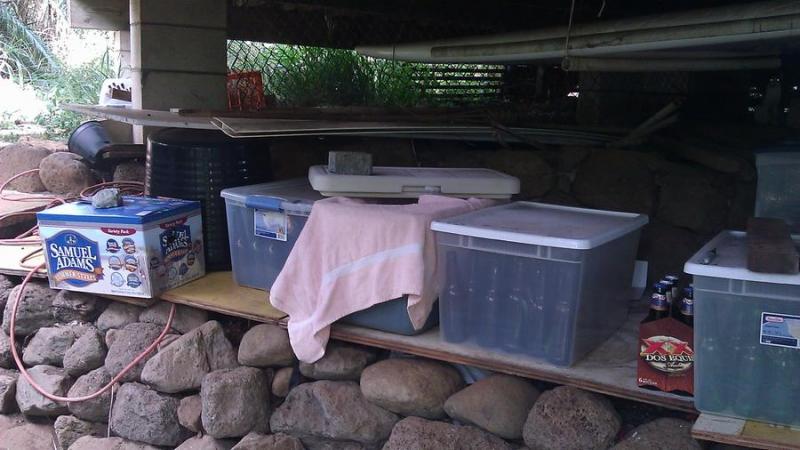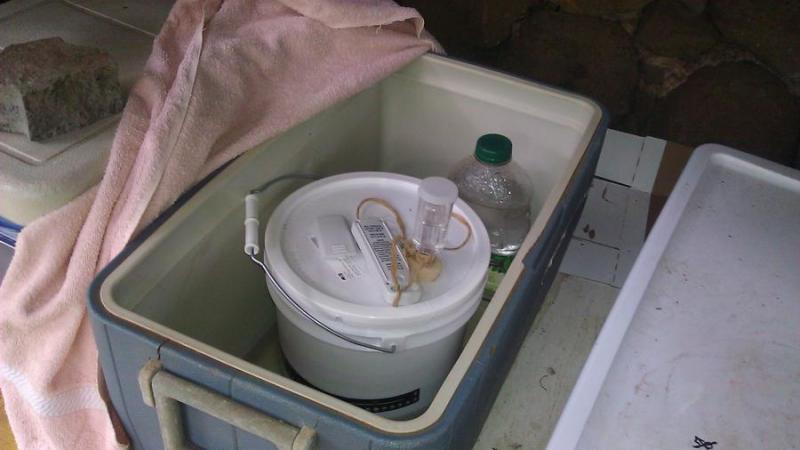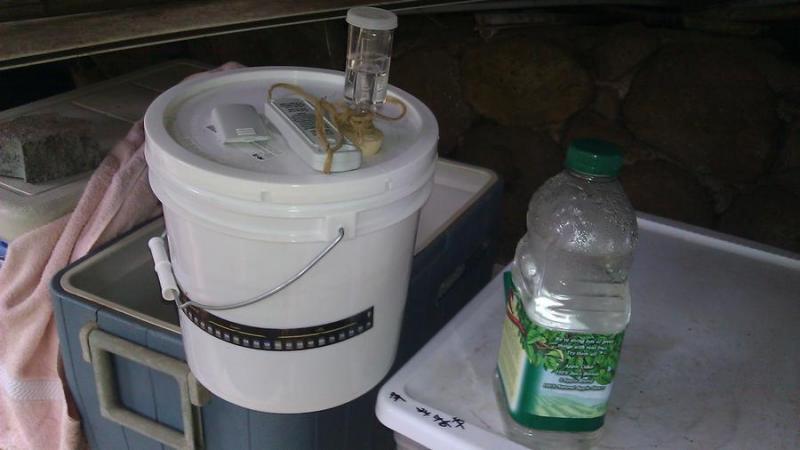1. Efficiency is a guessing game until you know what you're in for. BeerSmith2 defaults to 72% efficiency on my computer, so that's what I've been using. I've been hitting those numbers, so I'll keep it there for now.
2. If you're doing everything in the same pot (BIAB), then try to find an equipment profile that's as close to what you're actually using as possible. You'll basically be setting up the mash tun to be the same as your pot since you're not using a separate tun.
Mash Tun deadspace is how much you have left in the bottom of the pot after you've taken out your wort. If you had a ball valve or something to drain the pot, the volume that's left is your deadspace volume.
3. I think top up volumes refer to water that has to be added to get to a volume. So if you mash out with 2 gallons, sparge with one, and you get all three out (which you won't) but you need 4 gallons to go into your boil, your top up volume would be one gallon.






